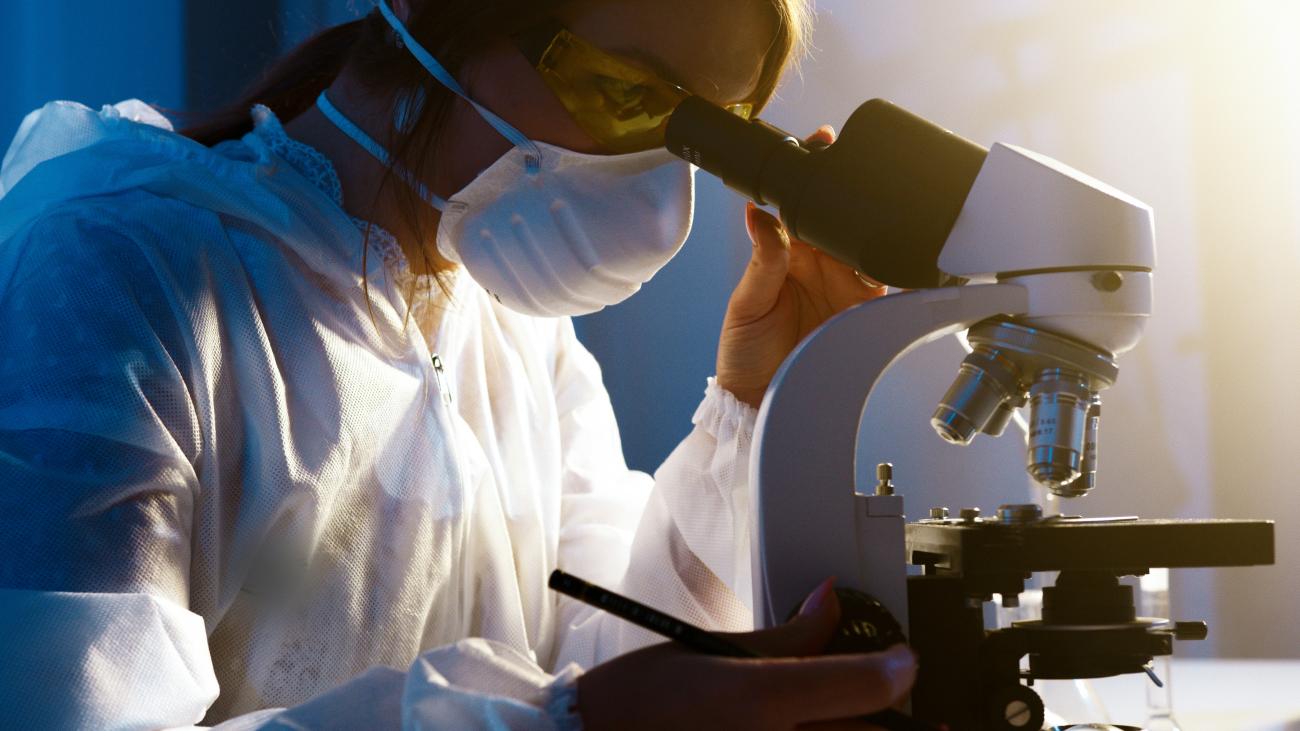Database providing access to the High Technology Network's industrial research offering: research competences, type of analyses and tests available at the Laboratories. Companies can consult the Catalogue to find Laboratories and researchers that match their needs.
Competence
Analysis of standards and regulations: laws and guidelines for protected, biological raw material, and processing
Analysis of the physical, rheological, chemical, microbial, and sensorial properties during storage
Analytical tests for shelf-life characterization
Characterization of products of microbial origin: biomass, metabolites, natural antibiotics. Conversion and transformation processes of food an by-products
Combined stabilization strategies to enhance shelf-life and food safety
Definition of product specifications and analytical methods of verification
Design of experiment (DoE) and Food Design to study interaction between formulation and process conditions
Design of new molecular markers for traceability of specific varietal components
Effects of packaging on the evolution of food microbial population
Evaluation of molecular transformations during food processing
Experimental studies of formulations and processes: use of bioactive components from out-streams or by-products
Food traceability by evaluation of functional components
Food traceability by genetic analysis
Food traceability by spectroscopic techniques, NMR, proteomic and peptidomic methods for the identification of ingredients or contaminants
Genetic methods for varietal identification
Improvement of process efficiency for saving direct and indirect costs
Innovative strategies for microbial control: the use of natural antimicrobials and thermal treatments
Input-output correlations to assess operational parameters
Interaction between food microorganisms and gut microbiota
Lab trails and scale-up to pilot plants of experimental production diagrams; check of the physical, chemical and sensorial characteristics
Marker identification for the instrumental detection of desired or undesired microflora: set up of markers or indicators
Methods for the specific and varietal identification based on single components within blends
Microbial analysis, challenge tests, instrumental analyses
Microbial kinetics during food storage
Microbial response to environmental stress: optimization of microbial performance
Microbial strain selection for food production: enzymatic, physiological, and genetic characterization
Microbial strain selection: technological characterization
Microbiological activity in food: risk analysis
Modulation of microbial growth and shelf-life evaluation as a function of formulation and storage condition
Molecular analyses for the identification of pathogens and spoilage microorganisms and the evaluation of their impact on final product,
Molecular characterization of DNA, protein, peptides and metabolites
Monitoring of chemical, physical, and biochemical characteristics (enzymatic activity and kinetics) during storage
Non-conventional thermal and non-thermal technologies for product stabilization, extraction, and conservation
Numerical simulation to define process-product interaction
On-line product control feasibility for process optimization
Operator practical training for process control and lab tests
Optimization of processing conditions by desing of experiments (DoE) for product development
Optimization of traditional stabilizing treatment to improve food quality
Otpimization of fermentation conditions: traceability and authenticity of typical or brand fermented food products
Predictive microbiology for shelf-life prevision, for food safety and for innovative products.
